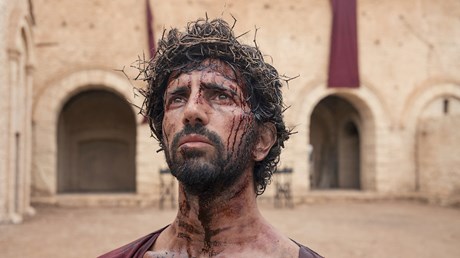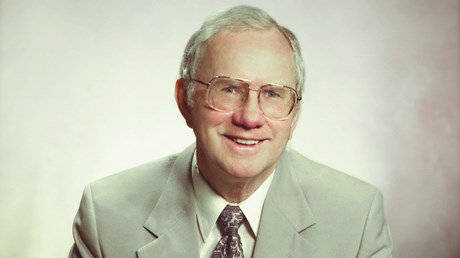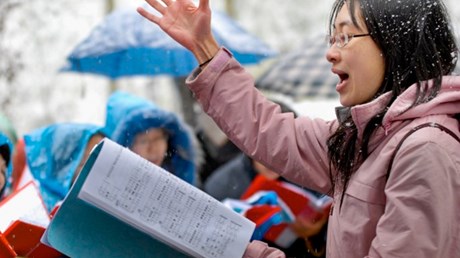Five benefits of taking a year off before college.

When it comes to keeping the faith, the odds are increasingly against Gen Z, those born between 1995 and 2015. According to the evangelical Christian polling firm Barna Group’s recent study, the percentage of the U.S. population that identifies as Christian has been on a downward trend since the generation before baby boomers, which Barna calls “elders.” And the percentage of Gen Z that identifies as atheist is double that of the U.S. adult population (13% vs. 6%). 37% of Gen Z believe it is impossible to know for certain if God is real, compared to 32% of all adults. Not only that, Gen Z is uncertain about many other issues pertaining to morality and religion, with an increasingly relativistic worldview.
A Crisis of Knowledge
Jonathan Morrow of the Impact 360 Institute explains why he believes Gen Z can’t seem to commit to a Christian worldview. He lists two main reasons: the fear of being seen as judgmental and all that it encompasses, and what he calls the “crisis of knowledge.” The crisis of knowledge is the belief that we can only glean knowledge from the hard sciences. Both factors contribute to moral ambiguity; both are the product of this “unique cultural moment.”
This is what today’s Christian youth are up against. The answer, Morrow says, is not just sound apologetics. “True information is essential, but by itself it is not enough. It’s just as essential that students have space, relationships, and practices to take ownership of their faith.”
In partial response to this, HoneyRock, the Outdoor Center for Leadership Development of Wheaton College, launched a faith-based gap year called Vanguard. This program invites students into a year of Christ-centered ...
from Christianity Today Magazine https://ift.tt/2CM0ILE





